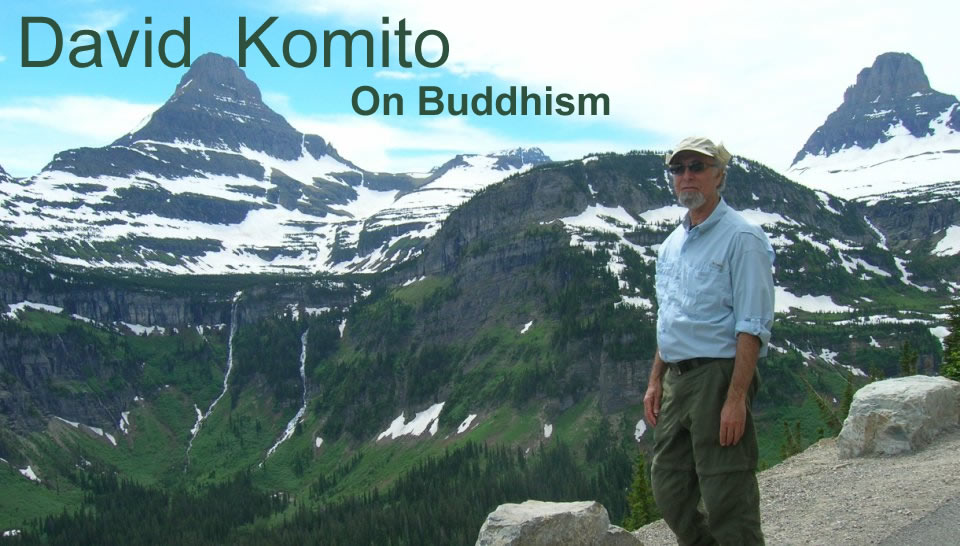So called primal peoples have other ideas yet and lend dreams significant credibility. As for myself, I tend to think of them as something like psychological weather reports. But sometimes it seems dreams present messages that require some extra serious consideration. If I doubted this, the experience of a local psychotherapist seems pretty convincing. An ardent Hillary Clinton supporter, this very wise lady was quite sure that Hillary would win the 2016 presidential election. A couple of months before the election she dreamed that the sky was rent open by a demon that come down to our world. This dream puzzled her --- until she reflected on the years following the 2016 presidential election.
I find her experience to be of significance; so much so that I pay special attention to those of my dreams which seem to stand out from the nightly crowd. Recently I dreamed that I was serving a 3 1/2 year prison term for some minor infraction. I woke up and immediately understood the dream. Though I tried to remember the nature of the infraction that had sent me to a prison that was like something out of a Count of Monte Cristo movie, I couldn't. But I remembered the prison: dark, stone walls, dirt floor. At the end of my sentence, before being released, I noticed a small hole in the dirt by one of the walls. Sticking my finger in the hole I pulled up a small statue of a holy person. The statue was covered with writing. But what really caught my attention was the palm sized cut diamond and ruby that came up with him.
Unlike Edmond Dantes in Dumas' story I did not have a sense in the dream that I would use my new found wealth get revenge on whoever or whatever had sent me to prison. My mind was neutral, yet filled with wonder at my good fortune, realizing that the reward for my years in prison was the wealth these three objects represented.
I understood that the prison was my 3 1/2 years of an insomnia characterized by the mental and physical near-paralysis of getting no more than 2 hours of sleep in a night and the profound anguish of going to bed haunted by the self-fulfilling anxiety that I would not get to sleep, or that if I did, I could not stay asleep. In the last two years I have found first a sleep doctor whose drug prescription actually helped me get some sleep and then an acupuncturist whose treatments and herbs released me from the sleep drugs and brought me to what I take to be normal sleep for a person my age.
So now I've been released from the prison of insomnia. And what am I to make of the treasure which accompanied my release? Any tantric yogi will recognize the meaning of the clear and red jewels. And the holy being? Perhaps it is my aspiration.
Kayla has for years told me that writing down dreams helps one understand them. As I wrote this little memoir some interesting typos showed up on my computer monitor. Whole for hole. Psalm for palm. Read for red. The treasure I have been given is plain to see.
These days I have taken up writing again. I meditate on wisdom and altruism and depend on the inspiration and sustenance of my lamas. Each day is just nothing special now. I am just here doing what I do. But I am actually here. What a treasure.









